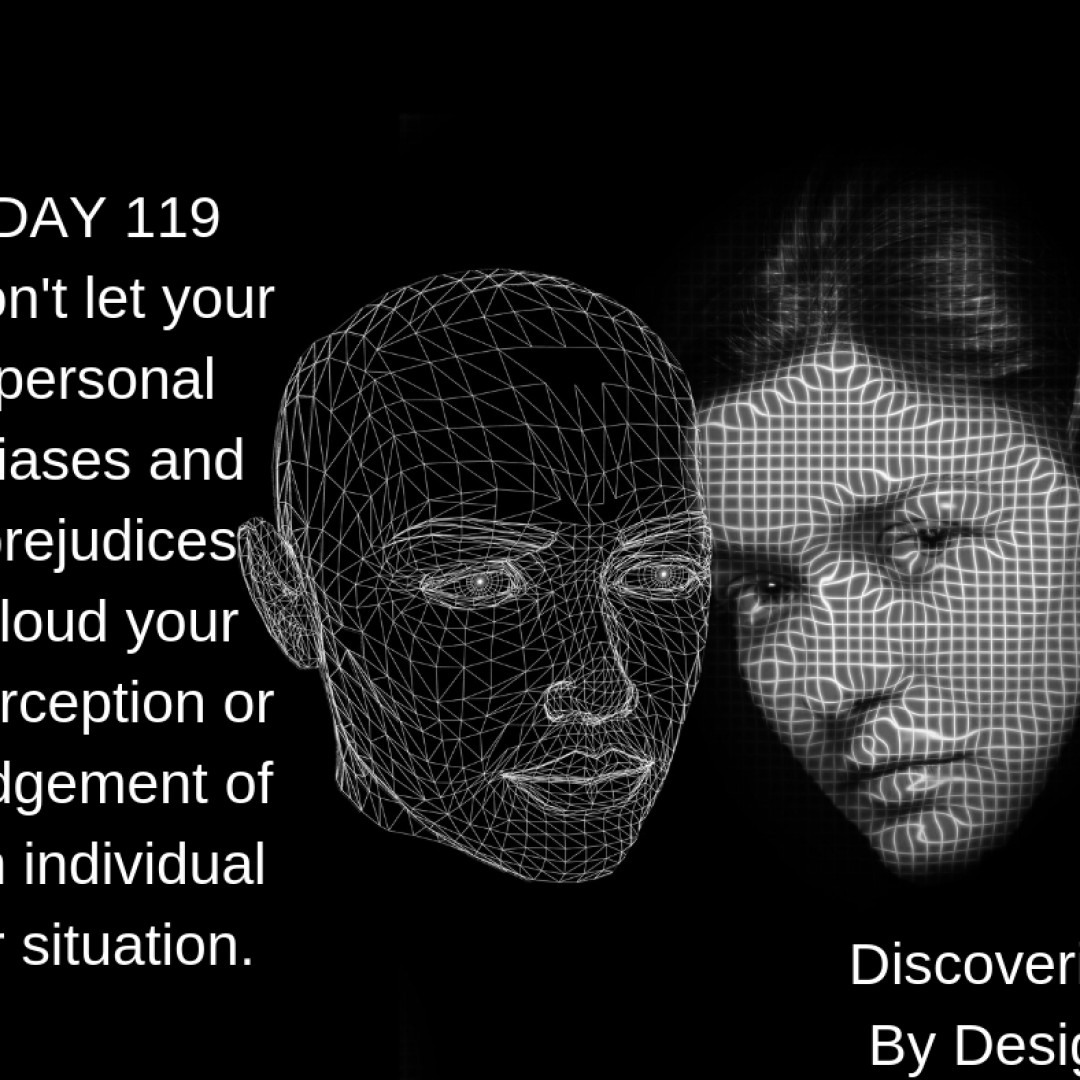Focus Chapters:
- 2 Samuel 17:15-29
- Psalms 3
- Psalms 63
- 2 Samuel 18
- 2 Samuel 19:1-30
Standout Verse(s):
CONTEXT
2 Samuel 16:3-4 NLT
“And where is Mephibosheth, Saul’s grandson?” the king asked him.
“He stayed in Jerusalem,” Ziba replied. “He said, ‘Today I will get back the kingdom of my grandfather Saul.’”
“In that case,” the king told Ziba, “I give you everything Mephibosheth owns.”
THE REACTION
2 Samuel 19:24-28 NLT
Now Mephibosheth, Saul’s grandson, came down from Jerusalem to meet the king. He had not cared for his feet, trimmed his beard, or washed his clothes since the day the king left Jerusalem. “Why didn’t you come with me, Mephibosheth?” the king asked him.
Mephibosheth replied, “My lord the king, my servant Ziba deceived me. I told him, ‘Saddle my donkey so I can go with the king.’ For as you know I am crippled. Ziba has slandered me by saying that I refused to come. But I know that my lord the king is like an angel of God, so do what you think is best. All my relatives and I could expect only death from you, my lord, but instead you have honored me by allowing me to eat at your own table! What more can I ask?”
Observation (s):
- Ziba, Mephibosheth’s servant, told a lie that could have cost Mephibosheth’s his life, in order to find favour in David’s eyes.
“And where is Mephibosheth, Saul’s grandson?” the king asked him.
“He stayed in Jerusalem,” Ziba replied. “He said, ‘Today I will get back the kingdom of my grandfather Saul.’”
- Mephibosheth’s credibility was judged on the basis of who he was, Saul’s grandson. David initially accepted Ziba’s words as truth and reacted by stripping Mephibosheth, Saul’s grandson, of his lands.
“And where is Mephibosheth, Saul’s grandson?” the king asked him.
“He stayed in Jerusalem,” Ziba replied. “He said, ‘Today I will get back the kingdom of my grandfather Saul.’”
“In that case,” the king told Ziba, “I give you everything Mephibosheth owns.”
- Despite his initial judgement, David chooses to verify what he was told by directly asking Mephibosheth about his reasons for not accompanying him.
Now Mephibosheth, Saul’s grandson, came down from Jerusalem to meet the king. He had not cared for his feet, trimmed his beard, or washed his clothes since the day the king left Jerusalem. “Why didn’t you come with me, Mephibosheth?” the king asked him.
Mephibosheth replied, “My lord the king, my servant Ziba deceived me. I told him, ‘Saddle my donkeyso I can go with the king.’ For as you know I am crippled. Ziba has slandered me by saying that I refused to come.
Application:
There is a story of a king whose favourite daughter told him that she loves him as much as fresh meat loves salt. Upon hearing his other daughters compare their love for him to tangible riches, the king deemed his third daughter unworthy and disowned her. However, his negative perception of salt changes when he, unknowingly, attends his third daughter’s wedding and is served dish upon dish of unsalted meat. In that moment, he is filled with remorse as he recognizes that his third daughter loves him best. We often make snap decisions that are based on our personal biases about people or things.
Ziba’s words about Mephibosheth were initially accepted as gospel because of Mephibosheth’s ancestry: not as the son of Jonathan, David’s dead best friend, but as the grandson of Saul, the man who tried to kill David on numerous occasions. Mephibosheth’s ancestry tainted the lens through which he was viewed in a moment when his absence was viewed as critical evidence of his loyalties. David’s innate, conscious or otherwise, prejudice and bias served as the sealant to his initial belief in Ziba’s words and judgement to reallocate Mephibosheth’s land into “worthier hands”. In the end, when David queries further, we learn that Mephibosheth was the one who was wronged. Ziba disobeyed and deceived his master and lied to his king! David only learns of this truth because of his direct source verification process.
Have you ever been judged wrongfully because of someone’s bias? Have you done it to someone else? Don’t let your personal biases and prejudices cloud your perception or judgement of an individual or situation. When judging proceed with diligence: Trust but verify.


